Opinion
NDTV’s takeover by Adani: Is there a question to be asked on media independence?
In November 2022, AMG Media Networks, a unit of billionaire Gautam Adani’s conglomerate, took over NDTV in what has been referred to as a “hostile takeover” – a first in the Indian media scene. It was followed by founders of the media house, Prannoy Roy and Radhika Roy, quitting as the board of Directors of the channel’s promoter group. This change of power at the helm of one of the last major independent media houses is something to worry about with regard to the health of Indian democracy.
For a long time, the media in India has been influenced by elitists and corporate interests. This has become worse since the introduction of the internet. Media has become the place where what is ‘sexy’ and ‘clickbaity’ has become the deciding factor, and not what needs to be brought to the public, however disturbing it might be. It is now an arena in which news about the weaker sections frequently gives way to stories about powerful people, film stars, cricketers, and famous influencers merely because they are famous.
NDTV, though with all its faults, at least tried its best to be different. Founded in 1988 by the Roys – both senior journalists – NDTV was India’s first private newsgroup that offered current affairs shows on air. It later emerged as an independent media house critical of the ruling governments, regardless of the party at the helm. It also went on to win several awards for its newsgathering and journalism.
NDTV was instrumental in nurturing incredible journalistic talent in its decades-long existence. The media house provided a platform to young faces like Barkha Dutt, Rajdeep Sardesai, Ravish Kumar, Arnab Goswami etc. – most of them have gone on to run their organisations or occupy top positions at leading media groups in India. Many of these journalists – notably Arnab Goswami, who rose to fame as anchor of Newsnight at NDTV, later perceived as turning to pro-establishment journalism and have been critical of NDTV’s brand of sceptic journalism as ‘anti-national’.
As soon as the Roys resigned from the board of promoter firm RRPR, the Adani group brought Sudipta Bhattacharya, Sanjay Pugalia and Senthil Chengalvarayan as directors on the board. Sudipta Bhattacharya has been the CEO and Chief Technology Officer (CTO) of the Adani Group, North America, while Sanjay Pugali is the editor-in-chief of AMG Media. It’s abundantly clear that the Adani group will now take the editorial decisions for the NDTV, not the Roys.
Experts have described the board takeover as “a calculated move” to buy one of the last few media houses, which is believed to be critical of the Narendra Modi-led government. Experts have observed that many of the media houses critical of the dispensation have faced a drying up of funds and poor advertising revenues, and if that didn’t deter them, they find themselves on the radar of government agencies like the police, IT, ED and CBI. In June 2017, NDTV co-founder Prannoy Roy also faced raids from CBI for causing an alleged loss to a private bank. The Indian government was quick to clarify this action as “not a witch-hunting”, but it was widely seen as punishment for its critical journalism.
After the completion of the deal, the rhetoric that emerged from the Adani Group was not of a business acquisition but as a sort of moral victory. In an official statement, the acquiring company, AMG Media Networks, said the takeover was “a milestone move for empowering Indian citizens and all those interested in India’s growth through information and knowledge focus”. Later in an interview with Financial Times, Gautam Adani described the takeover as a “responsibility” rather than a business opportunity.
“Independence means if the government has done something wrong, you say it’s wrong. But at the same time, you should have courage when the government is doing the right thing every day. You have to also say that,” Adani told FT in an interview.
The ‘hostile takeover’ story of NDTV also brings forward the perils of the growing corporatisation of the fourth pillar of democracy. In August 2022, AMG Media Networks placed a hostile bid for the channel, which had been facing financial trouble for years. They eventually acquired a 29 per cent stake in NDTV by buying off a major shareholder for an undisclosed amount. AMG Media Networks also gave NDTV shareholders an offer to buy another 26 per cent stake in the company for a whopping $ 61.77 million.
Prannoy Roy and Radhika Roy, who had established and nurtured the channel, could only do a little in the face of the power of the world’s third-richest person determined to buy them off. After the Adani Group bought the stake in August 2022, the NDTV released an official statement that this was done without their consent.
“The NDTV founders and the company would like to make it clear that this exercise of rights by VCPL was executed without any input from, conversation with, or consent of the NDTV founders, who, like NDTV, have been made aware of this exercise of rights only today. NDTV has never compromised on the heart of its operations – its journalism. We continue to proudly stand by that journalism,” the statement said.
This statement was probably a sigh of help from the two old founders, trying their best to avoid Indian media’s flow to right-wing authoritarianism. Sadly, nobody came to their help. No financial saviours rose up for them, no philanthropist billionaires gave them financial help, nor did the ones who claimed to care for freedom of expression.
This general apathy towards journalism has probably been why India is not recognised as a nation that is friendly to its journalists and whistleblowers. Reporting has turned especially difficult in the last few years. In 2020 alone, 67 journalists were arrested in India, and nearly 200 were physically attacked in the line of duty. In the World Press Freedom Index report of 2022, India fell eight positions to be ranked 150 out of 180 nations. Many human rights organisations and activists have raised concerns about an ever-shrinking space for media freedom in the South Asian powerhouse. Sadly, the Indian media is as quiet on this as a sea before a storm.
This overt politicisation and corporatisation of the media is not exclusively an Indian phenomenon, though. The Washington Post is owned by Jeff Bezos, the world’s richest person, whereas The Telegraph is owned by British billionaires the Barclay Brothers. The advent of right-wing authoritarian leaders worldwide has also led to an erosion of freedom, as reports establish.
When Donald Trump became the President of the United States, he promoted media organisations with an established right-wing turn. He called CNN, a leading media organisation, ‘fake news’ and denied it access to coverage from the White House. Narendra Modi shared a similar kind of hostile relationship with the media in general and NDTV in particular. He has been the only Indian Prime Minister who has never given an open press conference, despite being in office for nearly eight years. The government’s distaste for independent journalism has led to Indian media earning a global reputation for peddling fake news, pushing Hindu nationalism in prime time, and being staunchly pro-establishment.
The most heartbreaking aspect of NDTV’s takeover by the Adani was Magsaysay award-winning Indian journalist Ravish Kumar quitting the channel. Ravish began his career as a ground reporter at NDTV and went on to leave an everlasting impression on the media scene. He boldly shattered the mould of a media focus on the life of the rich and the powerful by taking journalism to street corners, urban slums, local panchayats and mohallas. During this voyage, he received brickbats, social media abuse, charges of anti-nationalism, and, last but not least, violent threats for his journalism.
Even against the odds, he remained probably the only top Indian TV journalist who consistently questioned the government from his studio. He had done it against the Congress party during the ‘India Against Corruption campaign. His only fault was he continued to be the same even after the subsequent entrance of the Bharatiya Janata Party at the helm. At the time of the Indian government’s demonetisation decision, he did coverage critical of the decision, which studies have since established as damaging to the Indian economy. At his prime time show, Ravish also questioned PM Modi, laying the foundation of the Ram Temple in Ayodhya by Modi amid massive media coverage, thus appropriating the deviation towards Lord Rama for political gains.
Amid the transformation of the Indian media as a subservient force, Ravish managed to stay relevant as a symbol of hope that Indian journalists can stay relevant and exist while they speak truth to power.
Adani Group’s acquisition of NDTV is not the end of the road for only Ravish Kumar. It also marks the end of a dream run for many NDTV journalists who have spent years creating the TV station brand.
However, the loss is not only of the Roys, Ravish and the other journalists at NDTV. George Orwell once said, “Journalism is printing something that someone does not want printed. Everything else is public relations.” If Indian media becomes an oligarchy dominated by corporate bigwigs like Gautam Adani and Mukesh Ambani, this will be fatal for Indian democracy. If journalists don’t ask questions to the ruling powers, who else will have the audacity to do that?
Disclaimer: The views and opinions expressed in this article are those of the authors and do not necessarily reflect the official policy or position of the publication


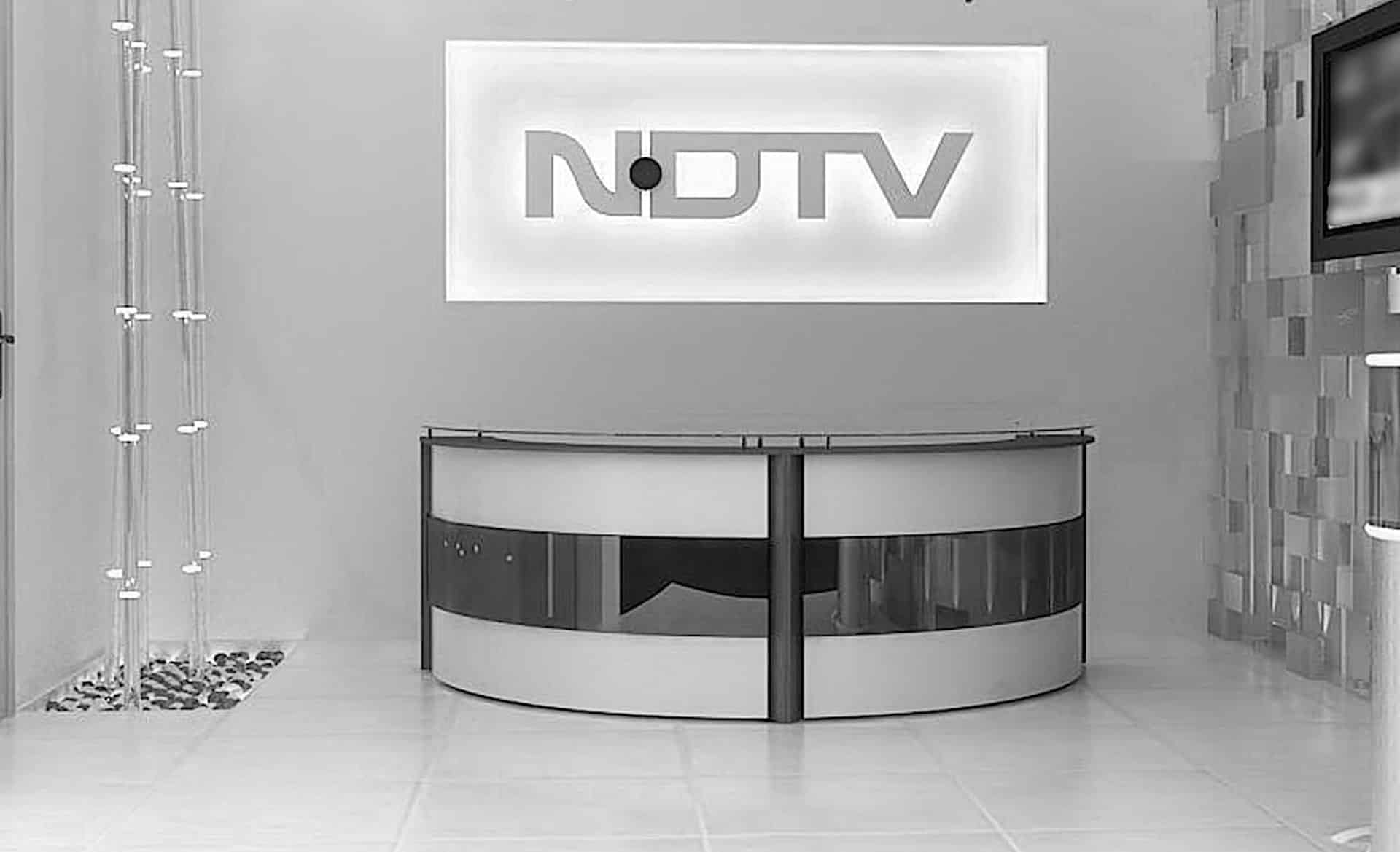


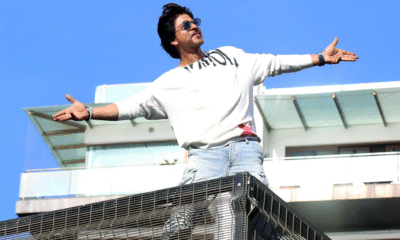

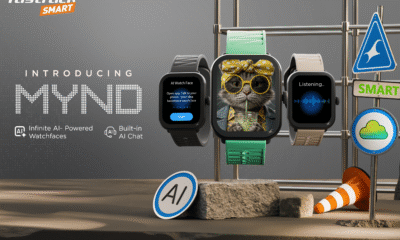




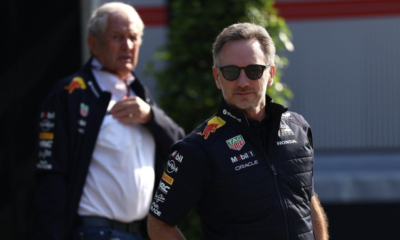

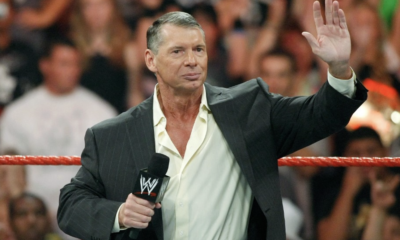

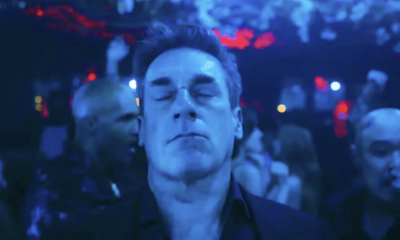


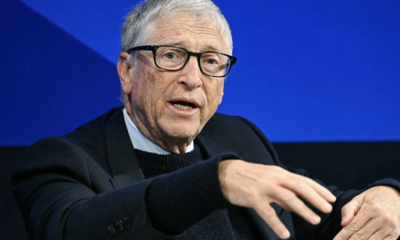























Pingback: Delhi Court Clears NDTV Prannoy Roy, Radhika Roy: CBI Closes